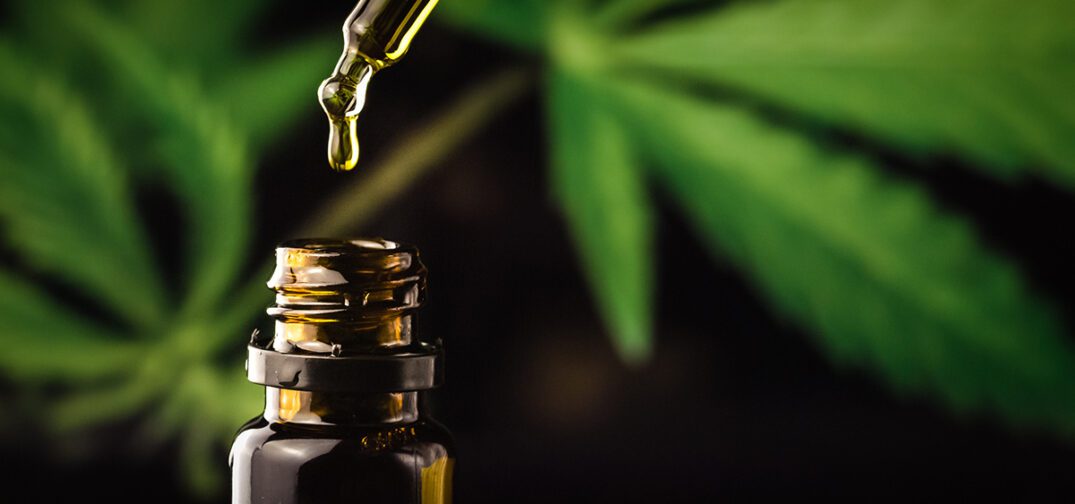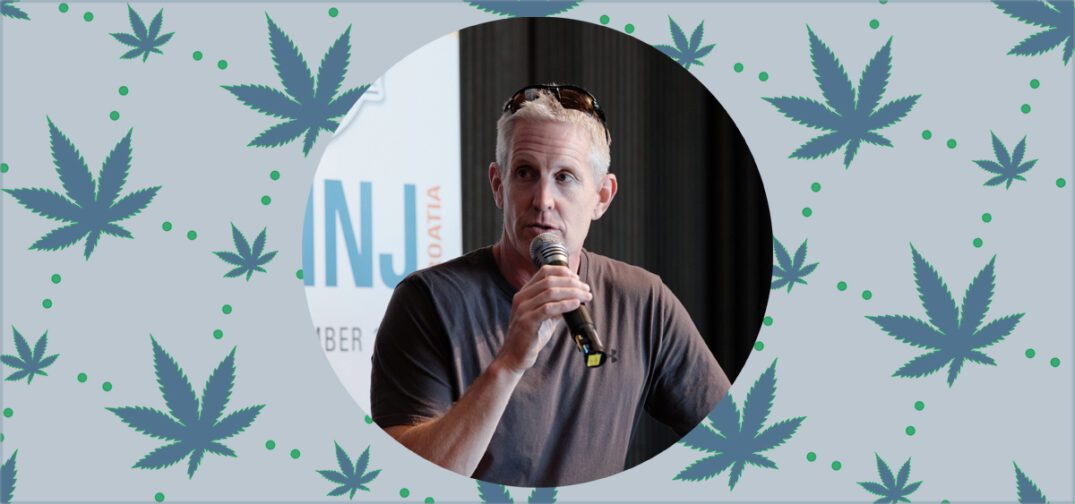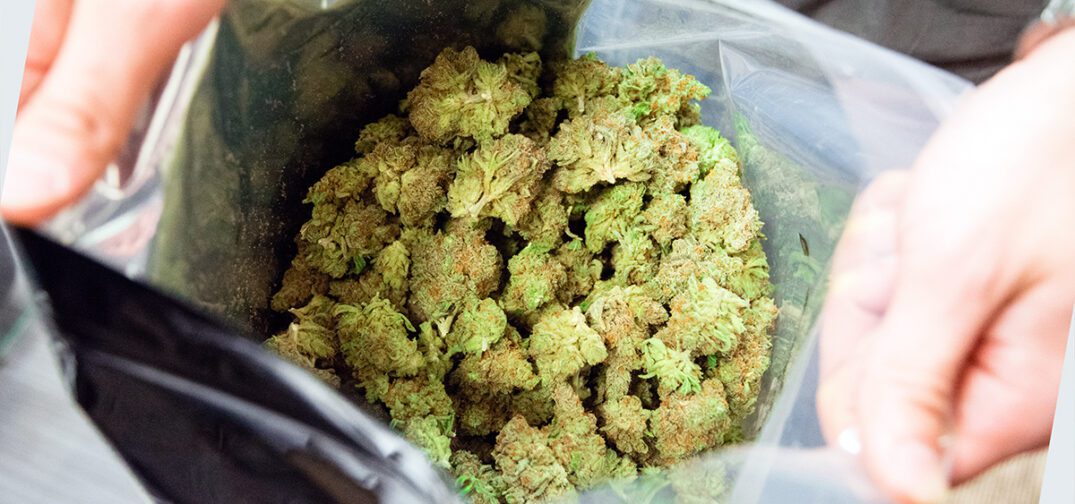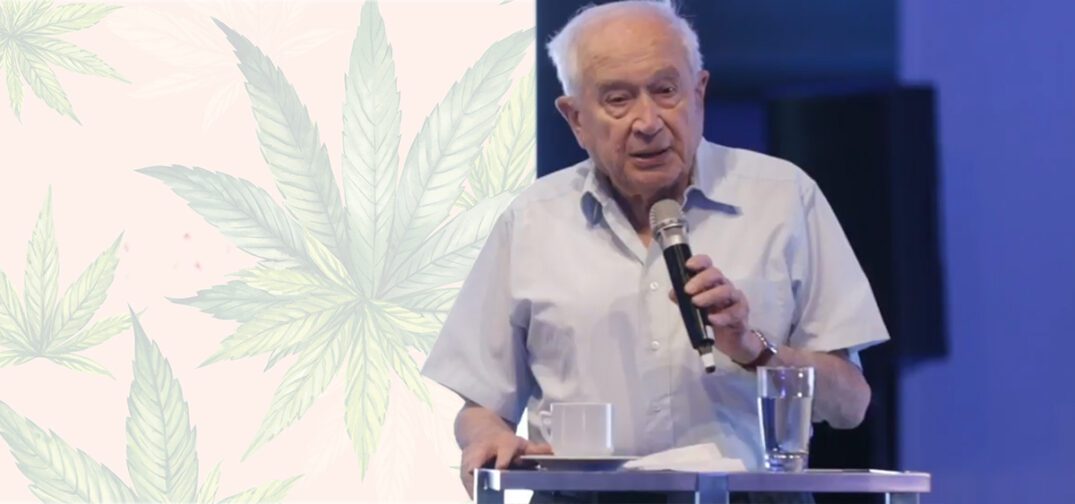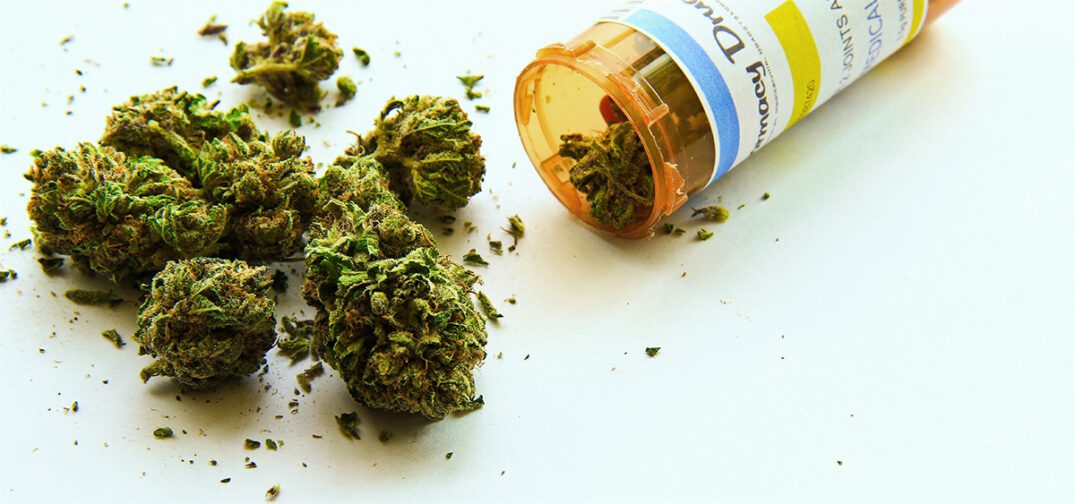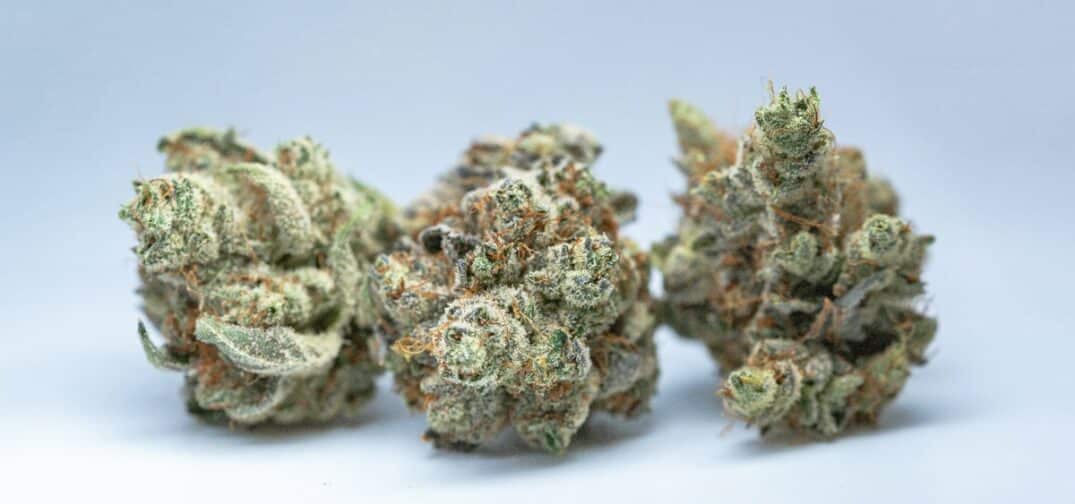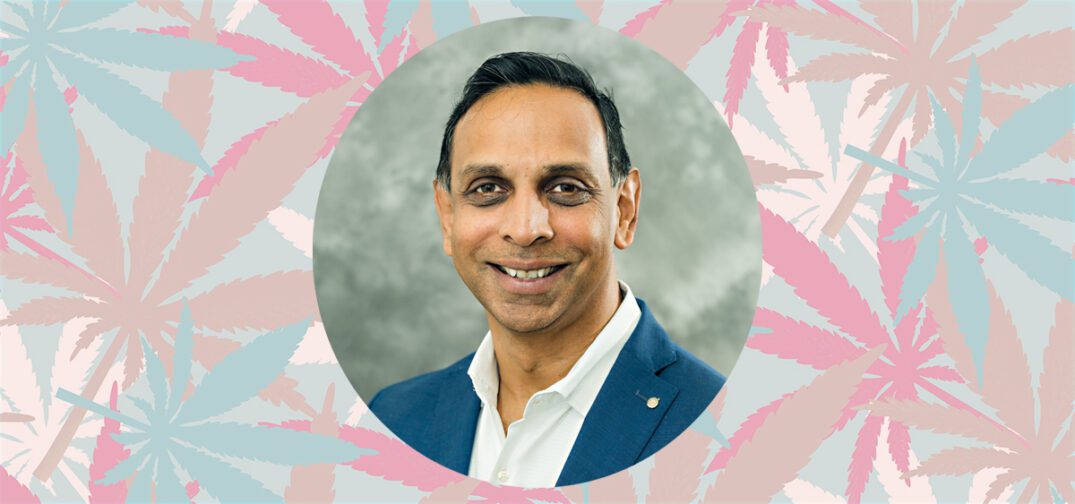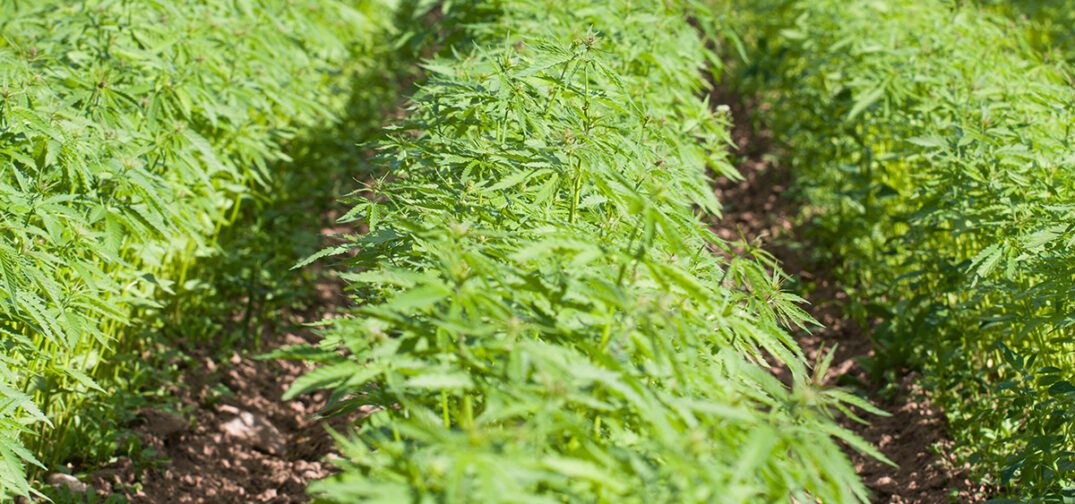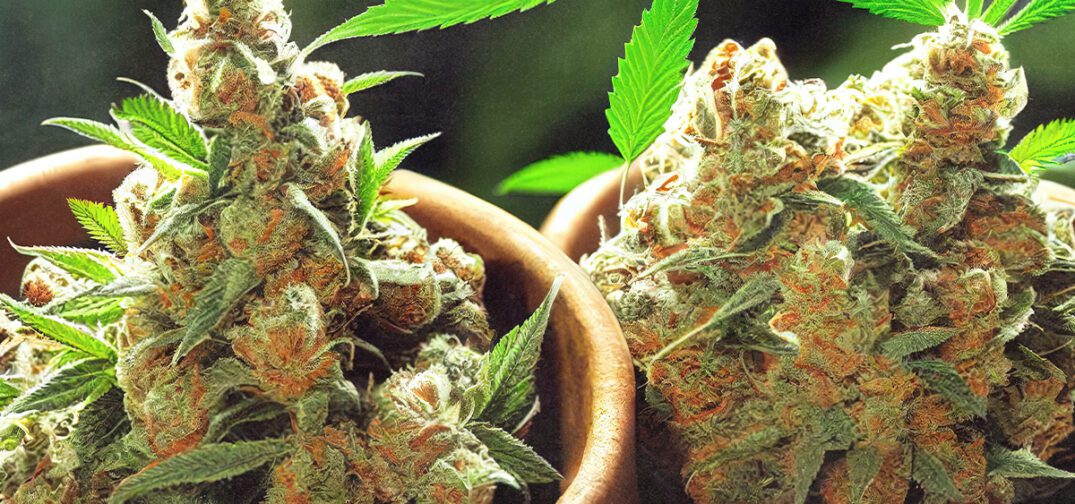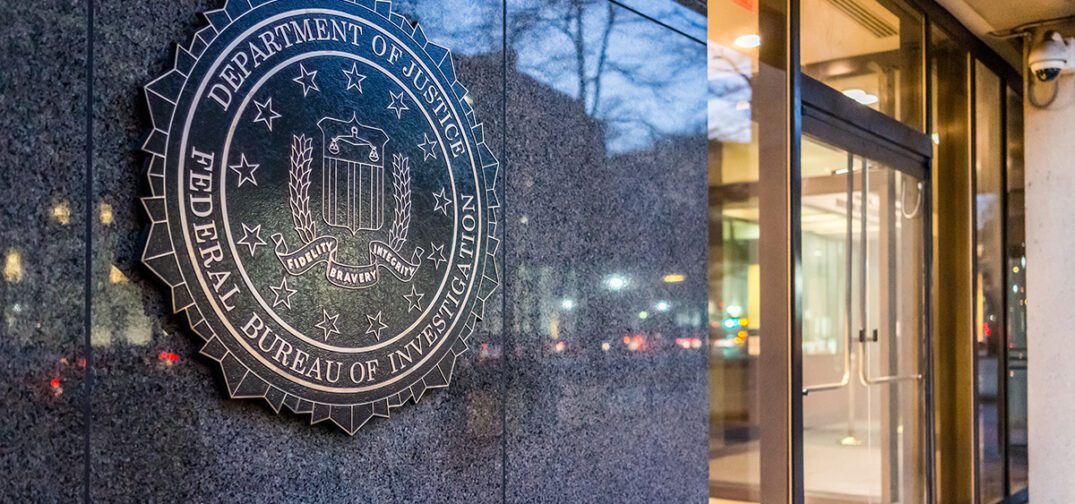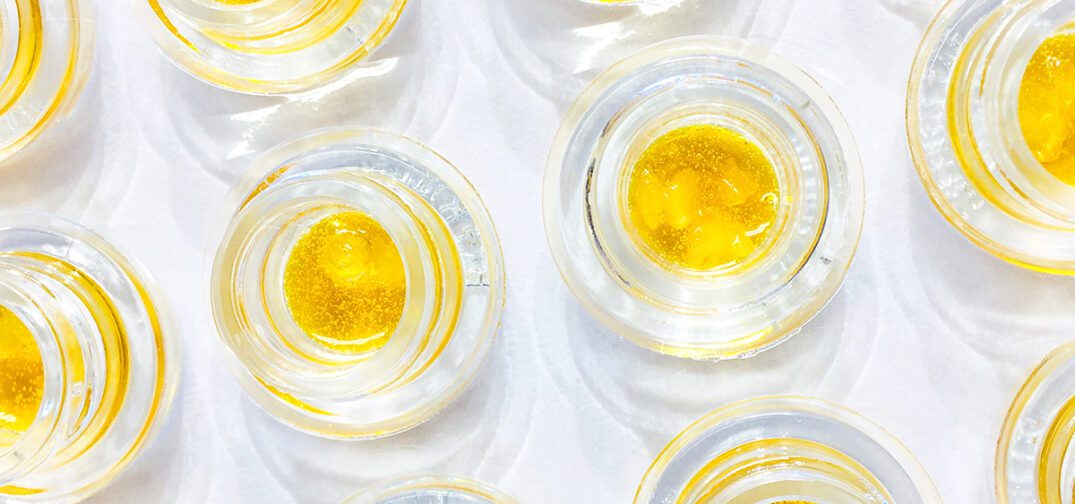With cannabis reforms taking root across the globe, there is a growing need for spaces where cannabis professionals can gather, network, and shape the future of the cannabis industry. The International Cannabis Business Conference (ICBC) regularly hosts such occasions across the US, Canada, and Europe, with their next conference coming to Berlin, Germany from June 29-30.
This Q&A with ICBC owner and founder Alex Rogers covers the event series’ inception, how they choose locations for their events, and Alex’s other cannabis endeavors. The interview also covers the differences between American and European cannabis consumers, his expectations for legalization prospects in Germany and other EU nations, and more!
Scroll down for the full interview:
Ganjapreneur: How did you originally get involved in planning & hosting cannabis-related events?
Alex Rogers: I started producing cannabis events in 1994. I was one of the four main organizing members of The Hemp Expo in Golden Gate Park in 1994 with 30K attendees. I also created a rap-weed event in 94′ called “Hemp-Hop” w Del The Funkee Homosapian. In 94′ I also organized an event at Lighthouse Point in Santa Cruz with Jack Herer and B-Real from Cypress Hill where we did a human peace chain that was over a mile long wrapping far up the Santa Cruz coastline. In the late 90’s and early 2000’s, I ran the Melkweg Concert House for the High Times Cannabis Cup. The first ICBC was in 2014, and our first event in Europe (Berlin), was 2017.
Has your personal relationship with cannabis changed throughout your career and if so, how?
Cool question. I have been a daily smoker for 35 years. Cannabis has always helped me balance my slightly frenetic and high-energy demeanor. It keeps me in mental, physical and spiritual balance and helps me be a highly functioning member of society. As I get older, I smoke a little less than when I was a wild young man. No more bong-hit completions these days. Also, after extensive time in Europe, I started smoking weed with tobacco. So, I have not smoked “pure” for the last 23 years. Many of my American hippie and Rasta friends give me shit about this to this day. For the last five years, I only smoke hash and tobacco. This is an extremely functional way for me to smoke. Even my European friends think it is a bit hard-core that I only smoke hash.
What was the original inspiration behind your decision to launch the International Cannabis Business Conference?
I am the owner of one of Oregon’s most successful MMJ clinics. For a long time, patients had no dispensaries to go to in Oregon, and were dependent on their surrogate grower for their medicine. When the dispensaries were proposed for Oregon and put on the state ballot, my patients started asking me a whole litany of questions. I saw the industry going to the next level and that people were hungry for general information, thusly, spawning the ICBC.
How do you select cities and locations for your events? Have you encountered resistance or pushback from local law enforcement or governments?
All of my cannabis businesses are aimed at helping professionalize the cannabis industry. I pride myself on having access to certain cities and venues that many others would not otherwise be able to. Being the consummate professional with a dash of renegade, has proven to be a very successful model. After 40 events in the last eight years, I can say that we have never had any resistance or blowback. This is testament of how the ICBC comes to a certain area of the world and helps make big changes, even if it just helping to change to general perception of cannabis in the community at large.
There are a number of reasons we might select a certain area. Currently, we are focused on being the leaders in the B2B space in Europe. We do have a couple of locations in mind beyond Europe for 2024-2025.
Who attends ICBC? Is it primarily people in the markets where the events are hosted, people from other nations looking to break into those markets, or a combination of both?
Our flagship event in Berlin is attended by over 80 countries. I would say that 20% of the attendees in Berlin are German. The ICBC Berlin has become the biggest and most popular meeting point for B2B cannabis in the Eastern Hemisphere. You will find executives from almost all of the world’s finest and most popular cannabis companies at the ICBC. We also have about ten different governments represented at the ICBC, including, New Zealand, Australia, South Africa, Columbia and Uruguay. Of course, we also have many dynamic starts-ups in attendance from all around the world. It is truly a global experience!
Which European cannabis markets are you most excited to watch develop over the next few years?
There is no question that many of my colleagues and I are excited about Germany legalizing. We are expecting the law to be written and presented in March. Of course, this is huge, as Germany will be by far the biggest federally legal market in the world. The ramifications of this are very significant with regard to the rest of Europe opening up.
Spain has the best weed in Europe, and the club scene there is so much fun. It is a great example of how legalization will look like in Europe. The irony is that the club scene is still underground, and the powers that be continuing to stall on codifying their existence into law.
Since I live in Slovenia, I am also interested in Slovenia’s future cannabis markets. I will be leading a decrim and legalization initiative here soon. It is a very special place with a strong cannabis culture.
How are European cannabis consumers different from consumers in the USA? Do you anticipate that European consumer preferences will evolve in a similar way to the US market as legalization enables different product categories to become more accessible?
The two markets are actually quite different. The biggest difference is that Europeans smoke their weed with tobacco. Flower is king, here. Vape pens took a long time to get a foothold here and are still struggling compared to spliffs. When you ask a European why they use the vape, they tell you it is because they can use it almost anywhere, without blowing up the spot. There are very few Europeans, if giving the choice, who would use a vape over a spliff. Also, dabbing will probably never catch on in Europe. It is just not enjoyable to most European’s, and they see it as excessive. Regarding edibles, there is more of an analogous crossover with the US and Europe. I see most popular edible items in the US, also doing very well in Europe.
Do you think European cannabis policy will ever get to a point where adult use is legal across the continent as a whole? If so, how long do you think that might take?
Yes, it is only a matter of time. There is currently so many jurisdictions which have decrim for small amounts, that in many places it already feels de facto legal. That being said, most of the continent will be legalized in some way or the other in about 5-7 years. And some countries will have full on adult-use in 2-3 years. It is happening fast, considering how long prohibition policies have controlled the continent.
Once international cannabis commerce has been normalized, which European cannabis markets do you think will have the most significant impact on the global market?
We go back to Germany again. It can’t be understated how important Germany legalizing is. Though there are other countries that might have a slightly more robust cannabis cultures, with regards to cannabis policy and cannabis markets, Germany will rule the roost for many years to come.
Thank you, Alex! Readers can learn more about the International Cannabis Business Conference at InternationalCBC.com.

